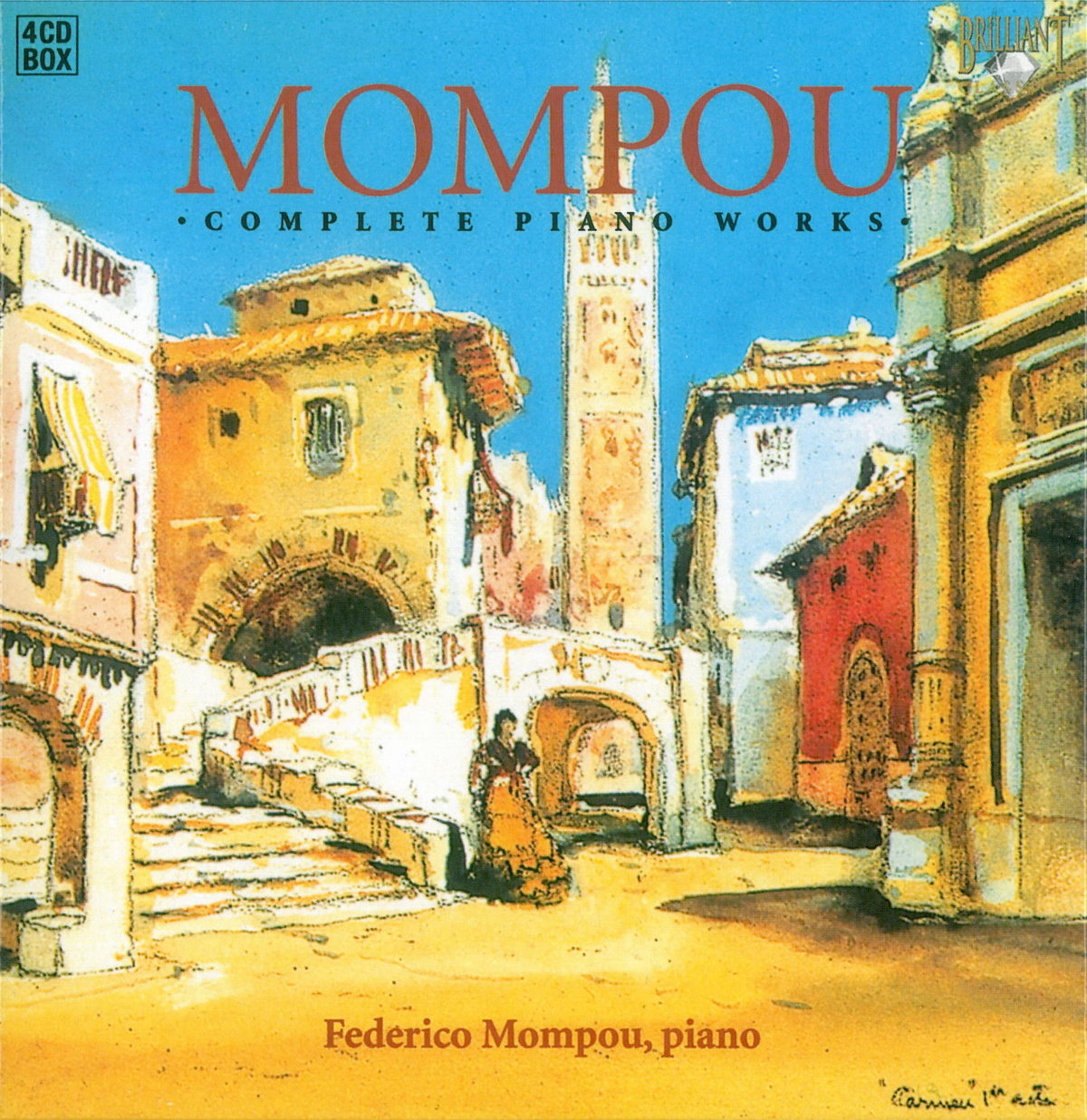
Of the myths I tell myself about the past, none is so easily disproved yet so persistently recurrent as the belief that to travel to a site from childhood is to travel back in time. In my childhood are two matching towers of friendly 1970s tropical brutalism. They contain a condo, purchased in advance of the towers’ construction, that hosted my family’s visits to our most uptight set of grandparents. The condo now contains my parents.
You have reached your article limit
Sign up for a digital subscription and continue reading all new issues, plus our entire archives, for just $1.50/month.
Already a subscriber? Sign in




